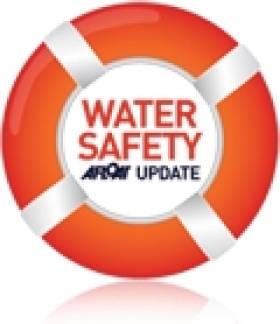Displaying items by tag: Marine safety
What to Do when Fire Breaks Out Onboard a Vessel?
The accident has been a reminder to all boat owners of the need to carry out regular fire drills and the need for regular maintenance checks on all electrical installations. It has led to a number of requests for advice from readers about what to do in the event of a fire onboard.
Here are a few items from the various publications taken from the Marine Safety Working Group's "Safety on the Water" website which might prove a useful start:
From the Motor boating Sea Safety Guidelines:
If you have a fire on board:
* Rig a sea anchor/drogue so that smoke and flames blow clear of the boat.
Rig it from stern or stem, whichever is appropriate.
* Do not enter any smoke filled space. Try not to breathe in any smoke, as it may be poisonous.
* Put on your lifejackets.
* Get everyone on deck and take all the fire extinguishers with you.
* Try to extinguish the fire where possible. Use a fire blanket to smother
small fires. When using a fire extinguisher, try to hold it upright.
* Fire requires oxygen. Reduce supply of air by sealing vents and hatches. If there is smoke coming from the engine compartment, only open the access hatch enough to insert the nozzle of the fire extinguisher.
* Notify the emergency services.
* Move both the crew and the liferaft as far as possible from the seat of the fire.
* Fitting a fire access port to the engine compartment offers the greatest safety."
From the Power boating Sea Safety Guidelines:
If you have a fire on board:
* Try not to breathe in smoke which may be poisonous.
* Try to extinguish the fire where possible.
* Fire requires oxygen. If there is smoke coming from the engine compartment, or from under the engine cover, only open the cover enough to insert the nozzle of the fire extinguisher.
* Get everyone away from the fire and ready to abandon the vessel, wearing
lifejackets or buoyancy aids.
* Notify the emergency services."
























































